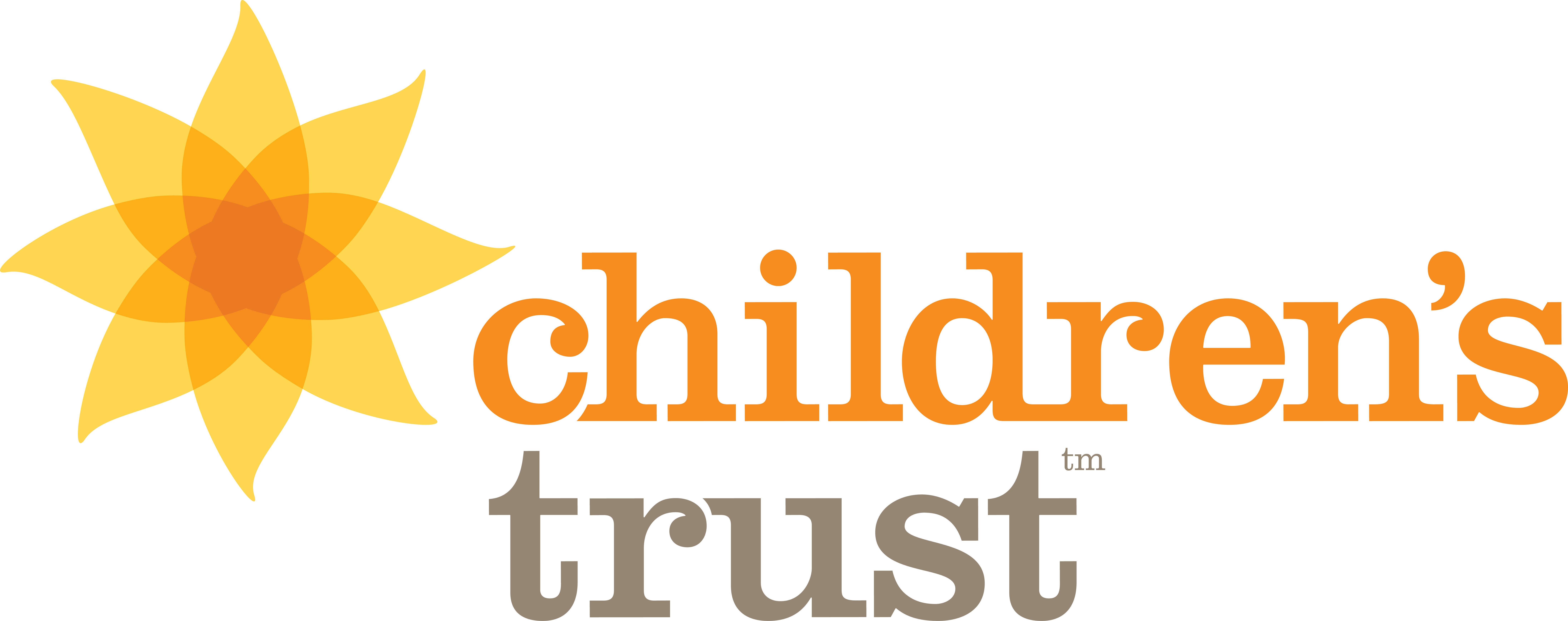Children benefit greatly from open-ended time where they are in their parents' view but have some independence in solving problems and determining how the play proceeds.

Keeping Kids Safe: Age-Appropriate Sexual Behavior
Children are naturally curious about their body parts and the body parts of those around them. It is perfectly normal for your child to explore that curiosity as part of his normal growth and development. It’s important for parents to know what normal sexual behaviors are for the different ages of children and how to create a safe environment where their children can explore and understand their bodies.
Children as young as 1 to 2 years old will begin touching their genitals during diaper changes and little boys may at times get erections. At this age it is also very common for your toddler to insist on being naked.
As your child grows and begins to speak she may become curious about the differences between males and females. It is not uncommon for a child to ask questions about her private parts or the private parts of other people she knows.
Other common sexual behaviors for a young child include:
- exploration of their genitals, which can include touching, showing, and looking
- role-playing “doctor” or “mommy and daddy”
- touching or looking at the private parts of other children
- having questions about theirs and others genitals, hygiene, and toileting activities
- standing/sitting too close to another person, or trying to rub against them
- kissing or holding hands with another child
For information on age-appropriate behaviors of older children, find Stop It Now’s tip sheet here.
It’s normal to feel uncomfortable when your child starts displaying these behaviors and it may be your first instinct to promptly scold or discourage them. However, approaching the subject calmly and with a willingness to answer any questions will help your child develop and maintain a healthy understanding of his or her body. Here are some sources that you can use to navigate the appropriate responses to your child’s behaviors:
When Toddlers Touch Themselves: The Best Way to Handle a Touchy Situation
Common Childhood Sexual Behaviors and How Parents Can Respond
Ten Things to Remember When You Talk to Kids about Sexuality
If you have concerns about your child’s sexual behavior, you should contact your pediatrician. Concerning sexual behaviors could be, though may not necessarily be, a sign of abuse. To learn more about signs of abuse, read our article on Warning Signs of Sexual Abuse.
Other articles that describe age appropriate sexual behaviors for children:
Tip Sheet: Age-Appropriate Sexual Behavior
Source: StopItNow.org
Stop It Now offers information about normal sexual behaviors for age groups 0-5, 6-8, 9-12, and 13-16.other articles and videos we love
Activities Guide: Enhancing and Practicing Executive Function Skills with Children and Adolescents
This guide contains a variety of age-appropriate activities that can help support and strengthen your child's learning and development skills.
Take a closer look at the brain of a developing child to understand how and why children learn and grow the way they do.






